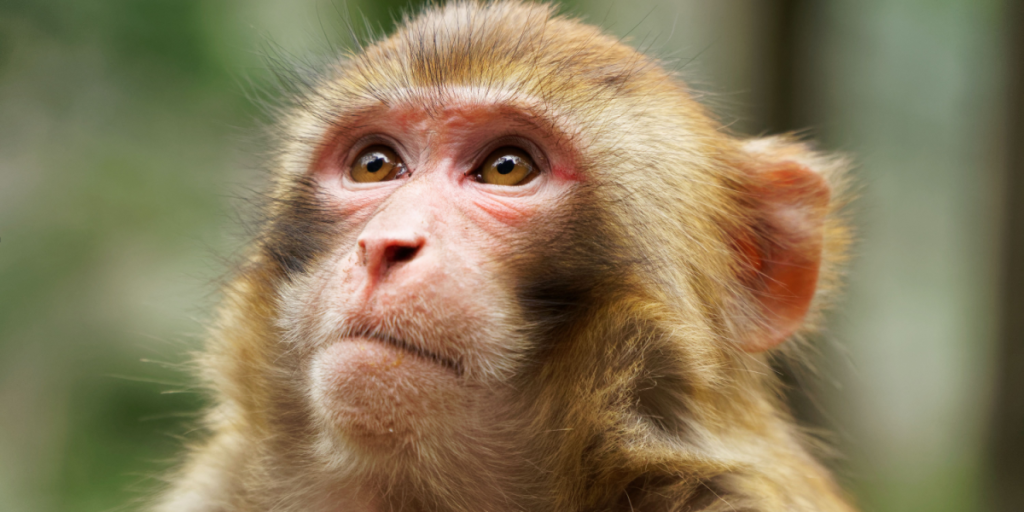Several monkeys escaped, but only one is still on the run.
Others are reading now
Correction: Earlier the article stated that the escaped monkeys were infected with several viruses, including Covid-19. Shortly after the incident, Tulane University issues a statement, emphazising that the monkeys were disease-free. We apologize.
Authorities in Mississippi are searching for a laboratory monkey that escaped following a highway crash.
The animal is described as aggressive and remains on the run despite a large-scale recovery effort.
Three monkeys initially escaped following the crash, but according to authorities, two of them have now been “destroyed”.
Escape in Mississippi
According to local media and the Jasper County Sheriff’s Department, the accident took place Tuesday afternoon the accident happened on Tuesday afternoon, October 28, when a truck carrying rhesus macaques from a research facility linked to Tulane University veered off the road near Heidelberg and hit a ditch.
Also read
The collision destroyed part of the truck and shattered the cages inside, allowing several monkeys to escape.
While most were quickly captured and euthanized, officials confirmed that one animal remains missing.
Each monkey weighs around 18 kilograms (40 lbs).
But are they contageous?
Tulane University denied claims that the primates posed any health risk.
“The primates from Tulane National Biomedical Research Center are provided to other research organizations to advance scientific research. The primates in question belong to another entity and are not contagious. We are actively collaborating with local authorities and will send a team of animal care experts to assist if needed,” the university said in a statement.
Also read
Local officials, however, maintain that the truck driver warned them the animals were dangerous and required special handling.
“We took appropriate measures after receiving this information from the person transporting the monkeys,” the sheriff’s department said.
A history in research
According to the New York Post, adult rhesus macaques usually weigh between 4 and 12 kilograms, depending on sex, and are widely used in laboratories due to their genetic similarity to humans.
The newspaper noted that rhesus monkeys have long contributed to scientific advancement. One of them, Albert II, became the first monkey launched into space by the United States in 1948.
The species also played a key role in the discovery of rhesus antigens, which helped doctors classify human blood groups.
Also read
Sources: L’Indépendant, New York Post, Jasper County Sheriff’s Department, Tulane University


